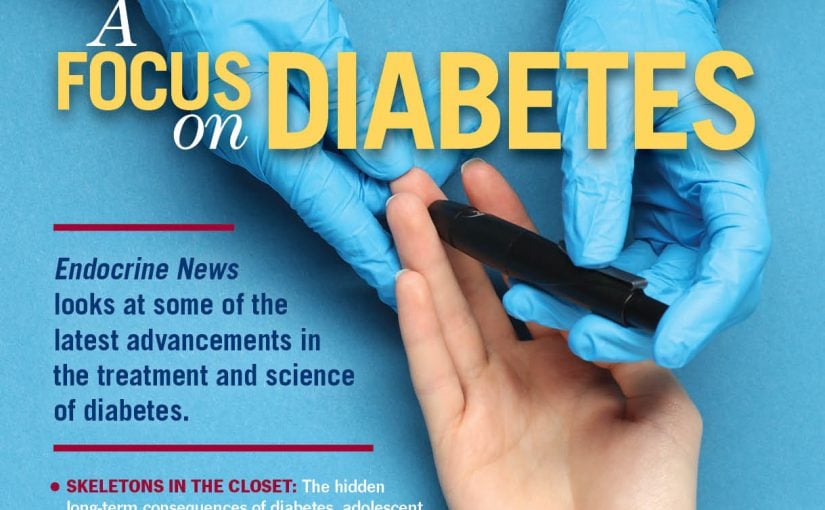Released in May, “Endocrine Health and Health Care Disparities in the Pediatric and Sexual and Gender Minority Populations: An Endocrine Society Scientific Statement,” was a featured session on the last day of ENDO 2023. Endocrine News spoke to some of the authors about these updated treatment protocols. Year after year, the Endocrine Society’s Annual Conferences...
Self-Esteem of Children with Short Stature Tied to Social Supports, Not Height
In otherwise healthy short children, quality of life and self-esteem are associated with coping skills and how supported they feel, not the degree of their short stature, according to a study recently published in The Journal of Pediatrics. Researchers led by Adda Grimberg, MD, a pediatric endocrinologist and Scientific Director of the Growth Center at Children’s...
Mouse Study Hints at Specific Brain Receptor behind PCOS Symptoms
Deletion of androgen receptors (ARs) in leptin receptor (LepRb) neurons improves estrous cycles, providing a possible therapeutic target for the symptoms of polycystic ovarian syndrome (PCOS), according to a mouse study recently published in Endocrinology. Researchers led by Carol F. Elias, PhD, of the University of Michigan Medical School’s Department of Molecular and Integrative Physiology,...
Endocrine Society’s New Scientific Statement Identifies Research Gaps in Pediatric, LGBTQIA Care
In a new Scientific Statement released today, the Endocrine Society identifies areas for future endocrine research to reduce health disparities in pediatric and sexual and gender minoritized populations. This Scientific Statement expands the Society’s 2012 statement by focusing on endocrine disease disparities in the pediatric and sexual and gender minoritized populations. These include pediatric and...
The U.S. Food and Drug Administration (FDA) last month approved a new indication for somapacitan-beco injection 5 mg, 10 mg, or 15 mg for the treatment of children aged 2.5 years and older who have growth failure due to inadequate secretion of endogenous growth hormone. Novo Nordisk is marketing the treatment as Sogroya® The FDA approval...
Therapeutic program targets a novel mechanism of melatonin receptor action outside of the CNS Celmatix Inc. today announced its latest drug program that targets melatonin receptors outside of the central nervous system (CNS). The company hopes the therapeutic drug will address a critical gap in the market for effective first-line treatments for a range of...
Paraben Exposure Linked to Mammary Cancer Growth and Metastasis
Parabens like methylparaben (MP) and propylparaben (PP), which are commonly used in food, cosmetic, and drug preservatives, are associated with mammary cancer growth and metastasis in mice, according to a study recently published in Endocrinology. Researchers led by Michele A. La Merrill, PhD, of the Department of Environmental Toxicology at the University of California at...

